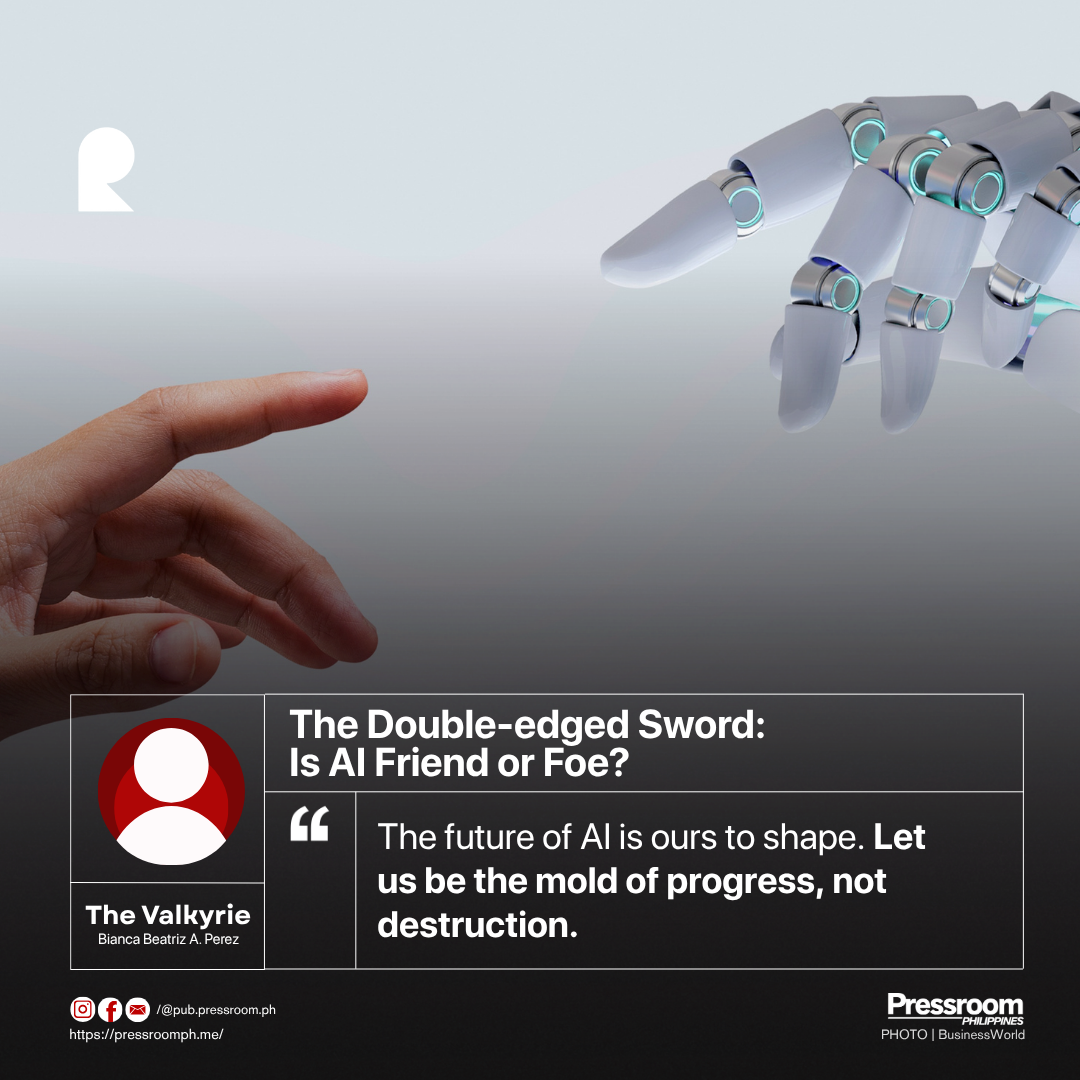Heroes are not sacred. They are questioned, doubted, and sometimes torn apart by the very people who once revered them. And Ninoy Aquino, whose death on this day seared himself into our national conscience, is no exception.
What makes a hero? Is it courage, sacrifice, or simply being remembered the way history is written? In the Philippines, no one is above scrutiny—not Rizal, not Bonifacio, and not Ninoy Aquino. To call someone a hero without question is to risk turning memory into propaganda.
Ninoy’s life was a paradox. He was young, brilliant, and politically ambitious—qualities that made him a rising star but also drew suspicion. He was not a saint. He was a strategist, a man born into privilege, who knew the ways of power long before he became its fiercest critic.
And yet, history bent sharply on August 21, 1983. When he was shot dead on the airport tarmac, the image of his lifeless body became the symbol that awakened millions. His blood watered the seeds of resistance, fueling the 1986 People Power Revolution that toppled a dictatorship.
But was it his life, or his death, that made him a hero? In truth, both matter. His refusal to be silenced in exile and his decision to return home despite the certainty of assassination showed a defiance that cannot be dismissed.
Still, we must not sanitize him. His critics argue that Ninoy sought power as much as he fought tyranny, that his return was as much a gamble for influence as it was an act of sacrifice. But this is the point: real heroes are never spotless. They are remembered not for their flaws, but for the choices they made in spite of them.
The tragedy is that even in death, Ninoy has been the target of relentless hate propaganda. For decades, campaigns have painted him as a traitor, a communist, a man who “abandoned” the nation by living in exile.
This hate did not fade; it evolved. What used to be whispered in Martial Law-era rumors is now shouted across social media. Troll farms churn out memes and edited videos designed to make Filipinos forget, to replace history with hashtags. What Ninoy’s assassins failed to do with bullets, revisionists now attempt with lies.
This is why Ninoy Aquino Day matters: not as blind worship, but as a defense of truth against those who would erase it.
Already, the Marcos Jr. administration has been accused of revising textbooks, diluting Martial Law horrors, and reducing Ninoy’s role in the nation’s struggle for freedom.
For years, propaganda machines have tried to smear his name—painting him as a communist sympathizer, a power-hungry oligarch, or even that he staged his own assassination.
Lies thrive in repetition, and the goal is clear: to make the public doubt his martyrdom.
The bigger question is: who gains from these lies? Revisionism does not exist in a vacuum. It serves power. Especially dynasties desperate to cleanse the sins of their forefathers.
To weaken Ninoy is to strengthen the myth of the strongman who silenced him. To erase Ninoy is to polish the image of Martial Law as “golden.”
This coordinated campaign of hate is not accidental. It is designed to weaken the moral weight of his sacrifice so that dictatorship may appear less monstrous in hindsight. By painting Ninoy as selfish or irrelevant, revisionists hope to rewrite Martial Law as stability rather than tyranny.
This distortion seeks not just to attack his name, but to erase the truth of why he was killed: because he dared to stand against a dictatorship.
We must remember: killing a man is one thing. Killing his memory is another. If propaganda succeeds, then Ninoy dies a second time—and so does the conscience of a nation.
To honor Ninoy today is not just to lay flowers at a monument. It is to recall the cost of silence, the price of freedom, and the courage it takes to confront tyranny. It is to measure ourselves against the same question he answered with his life: What are you willing to die for?
In the end, the debate over Ninoy’s legacy is healthy, even necessary. But what is non-negotiable is the truth of his assassination, the spark it lit in a nation hungry for freedom, and the movement it inspired.
Ninoy was not perfect. But he showed a kind of courage that demands respect: the courage to walk into certain death for a freer tomorrow. To question him is fair; to erase him is unforgivable. Perhaps the real tribute today is not in declaring him flawless, but in living up to the values he upheld. Because if we allow memory to be murdered twice—once by a gunman’s bullet, and again by historical distortion—then the Philippines loses more than a hero. It loses its conscience.
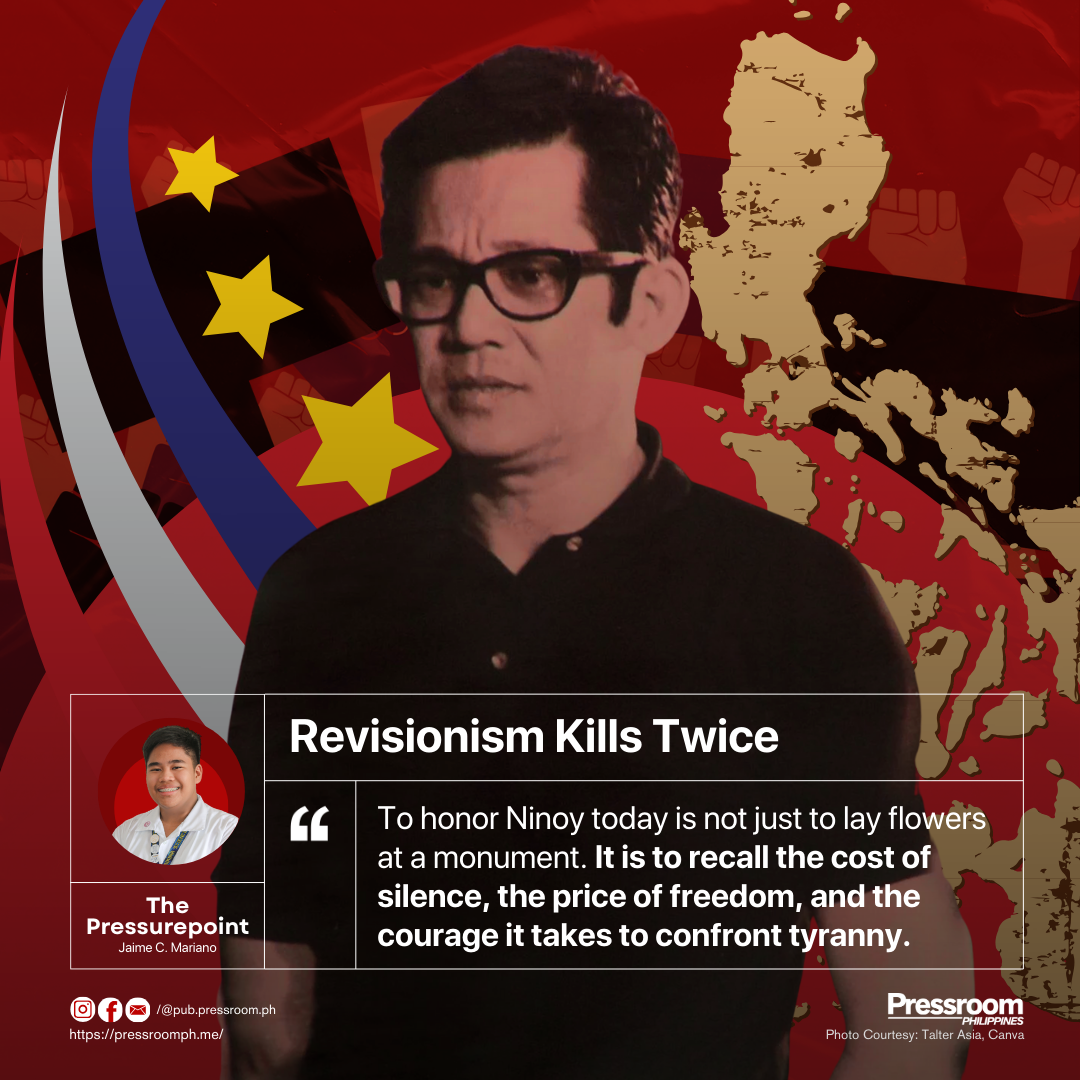
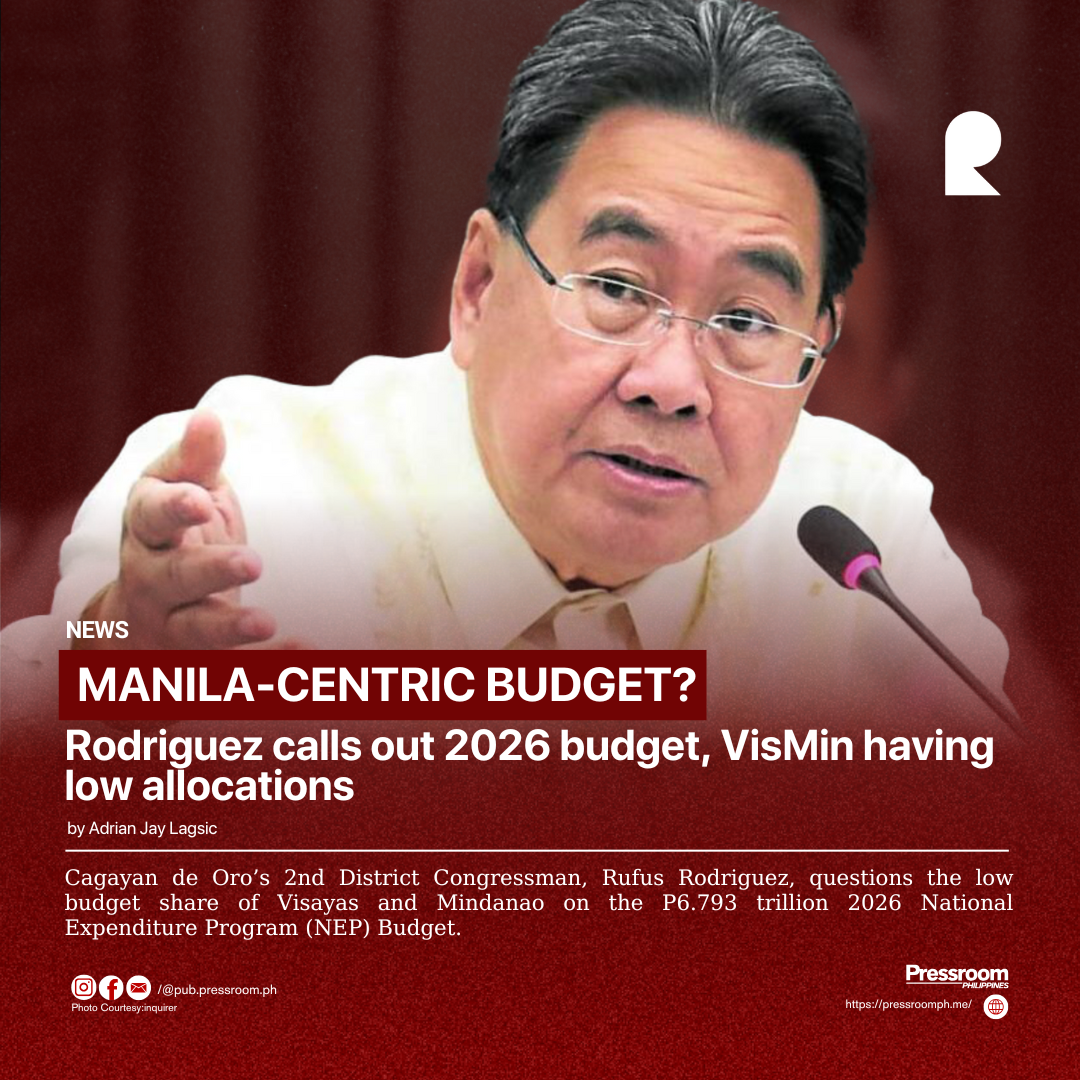
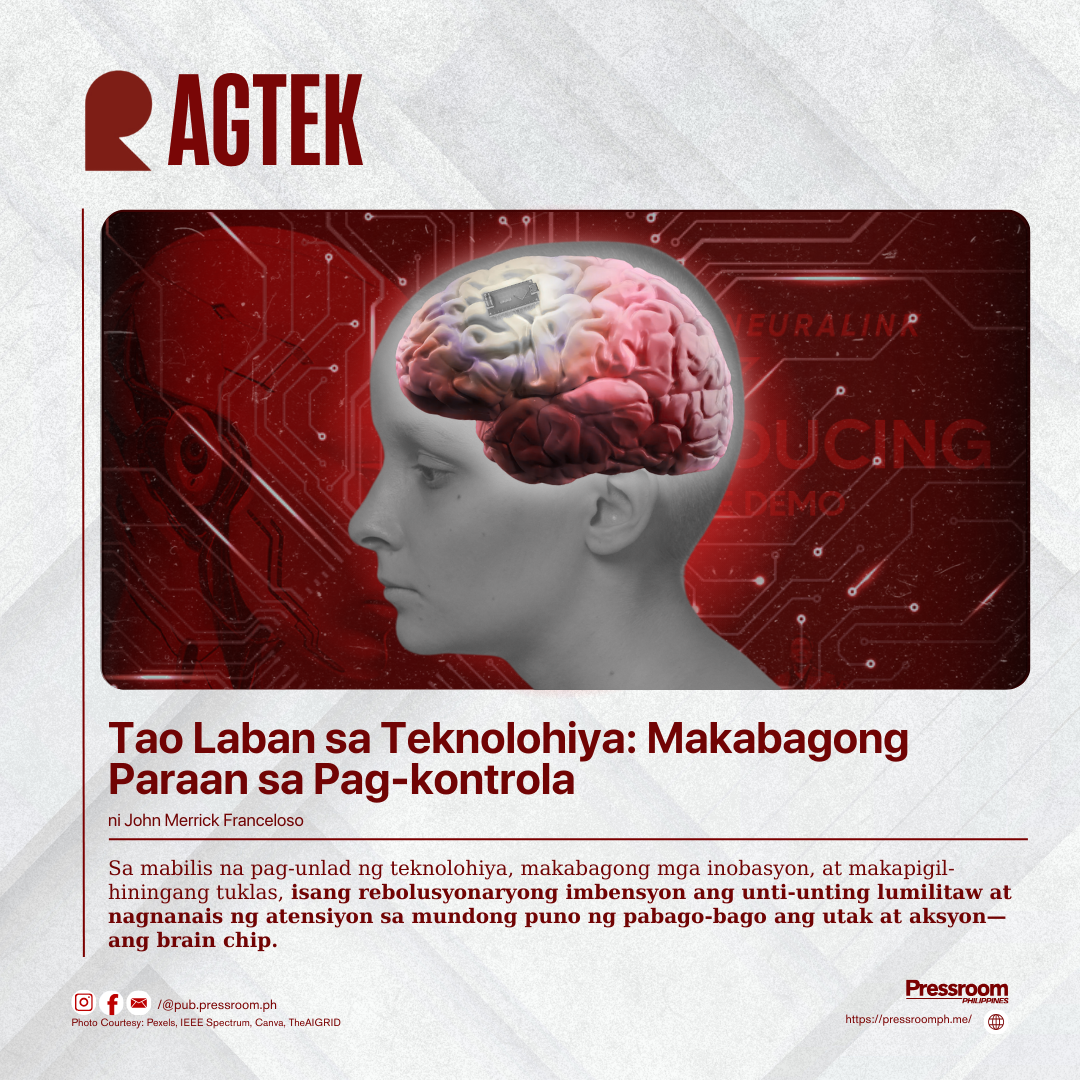
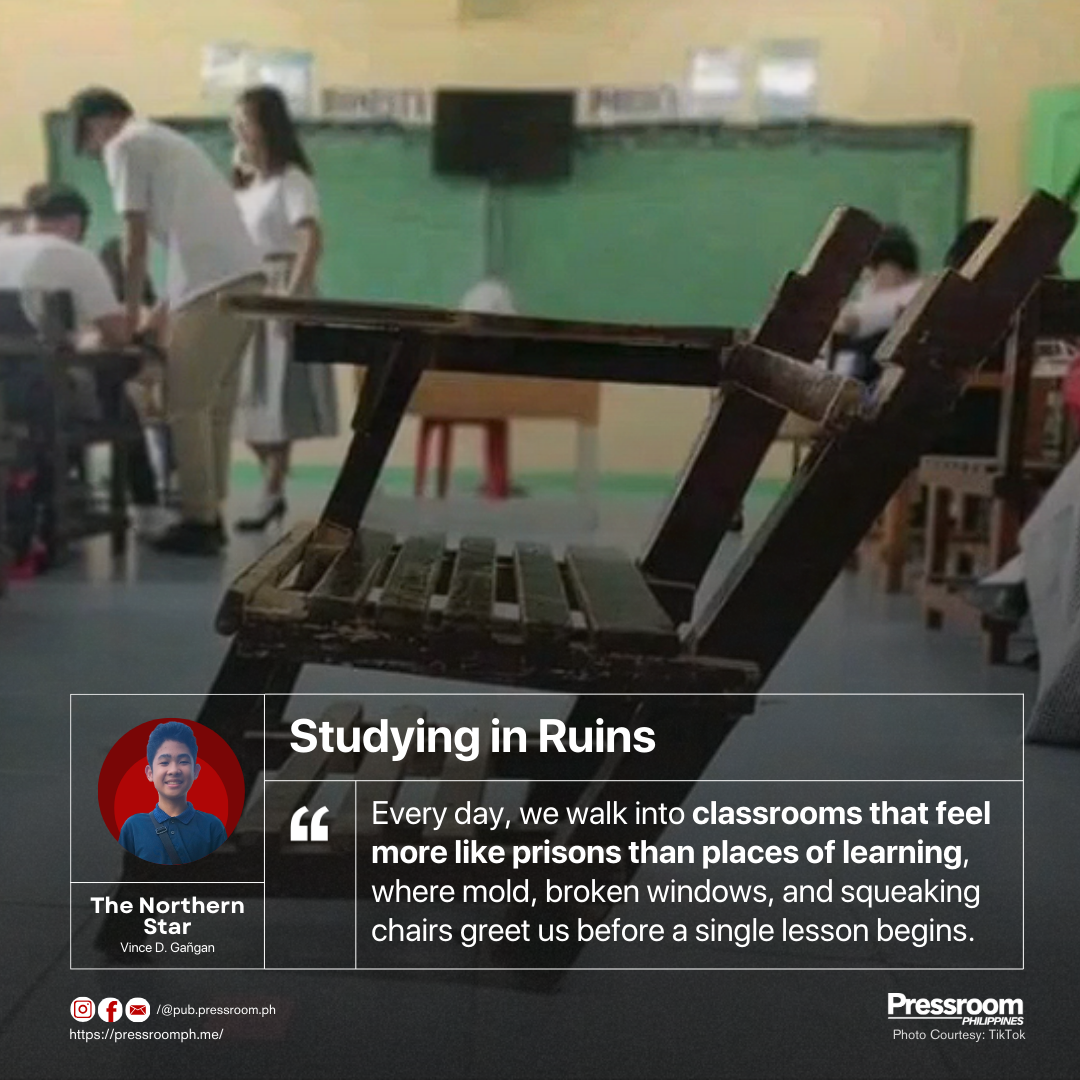
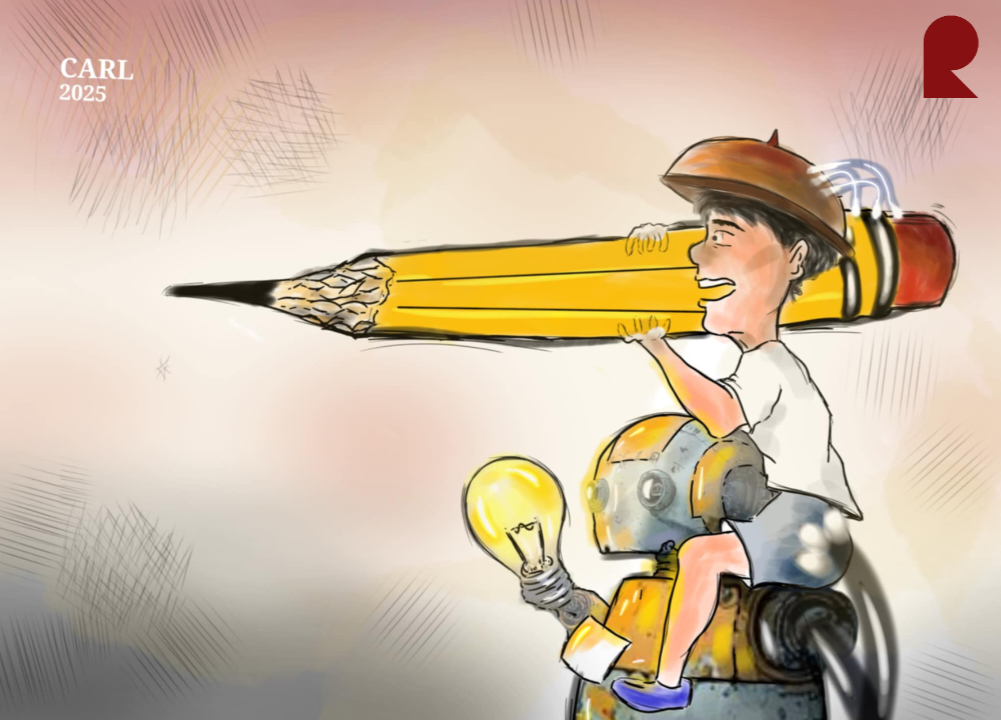
![Pixilated Perspective: Inked by [AI]magination](https://cdn.pressroomph.me/images/articles/b36cae84-e4b2-4583-ade7-2b197a412c1d.png)
